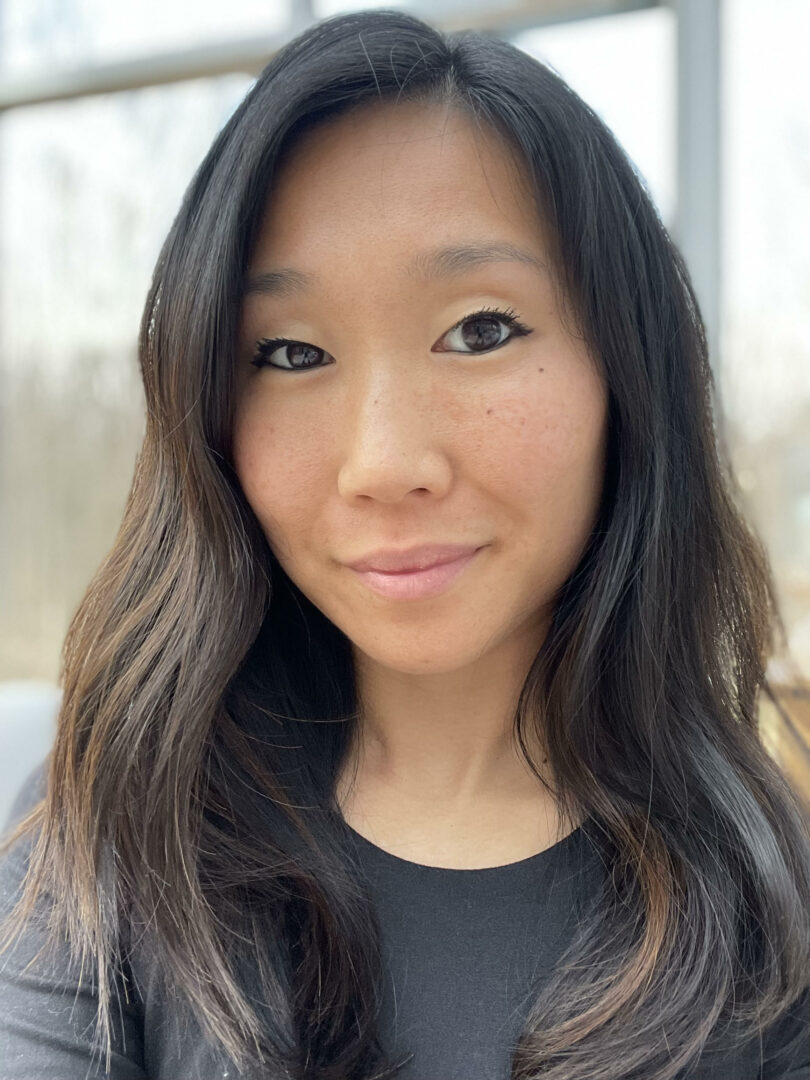We’re excited to introduce you to the always interesting and insightful Rachel Forbes. We hope you’ll enjoy our conversation with Rachel below.
Rachel, sincerely appreciate your selflessness in agreeing to discuss your mental health journey and how you overcame and persisted despite the challenges. Please share with our readers how you overcame. For readers, please note this is not medical advice, we are not doctors, you should always consult professionals for advice and that this is merely one person sharing their story and experience.
Through honest, kind, and authentic connection.
We live in a society that has historically praised individual achievement, though perhaps now we are re-remembering the most natural need we all carry: each other. The reason I am able to participate in this interview today is because there were people along my mental health journey who were genuinely interested in understanding me, seeing me, and helping me re-discover the resources that have always lived in me. Had it not been for them, I may not be here. So, I could never take full personal credit for my “overcoming” or “persistence,” as I sincerely believe healing is both an individual AND a communal effort.
Though there were many mismatches, and some major disappointments (some also ethically questionable), eventually in my early 20’s, I was privileged to have met a therapist who was willing to treat me as a human being rather than a “patient.” She absolutely changed my life. She introduced me to Internal Family Systems (IFS), which I initially thought was totally bizarre, but with an eventual surrender, I discovered that healing trauma was possible. Through this modality, and through her deeply compassionate and brilliantly reflective presence, I learned how to become an agenda-free observer of my feelings, to befriend my feelings, and to then give my feelings what they have always needed so that they no longer hijacked me.
This was game changing, because throughout my whole life up until that point, I had basically been living in “survival mode” or in “fight or flight,” as my field loves to say. I really did not realize how much energy I had been expending dodging feelings of shame and worthlessness, and how hopeless I had truly become. This therapist helped me introduce myself to myself, and she did so sincerely without any judgment. That kind of healing space permitted me to lovingly meet the parts of myself I had exiled for so long: the parts who I feared others might judge, mock, shun, or pity. In this process, not only was I held by a compassionately present therapist, but also my compassionately present self. I recall her telling me, in her infinite wisdom, “to fully meet someone is to set all program aside.” I will never forget that, and I have found that to be the truest of all truths in my own work with myself, with clients, as well as with any other human being in my life.
When we are met with genuine curiosity and care, we feel seen, heard, and safe. Often times, that alone heals a deeper and ancient longing for connection that went missing (usually unintentionally) somewhere along the way. This human ability to bring full presence to another human being, both as the giver and as the recipient, has helped me to overcome and persist, not despite but ALONGSIDE the challenges I’ve carried related to mental health issues.
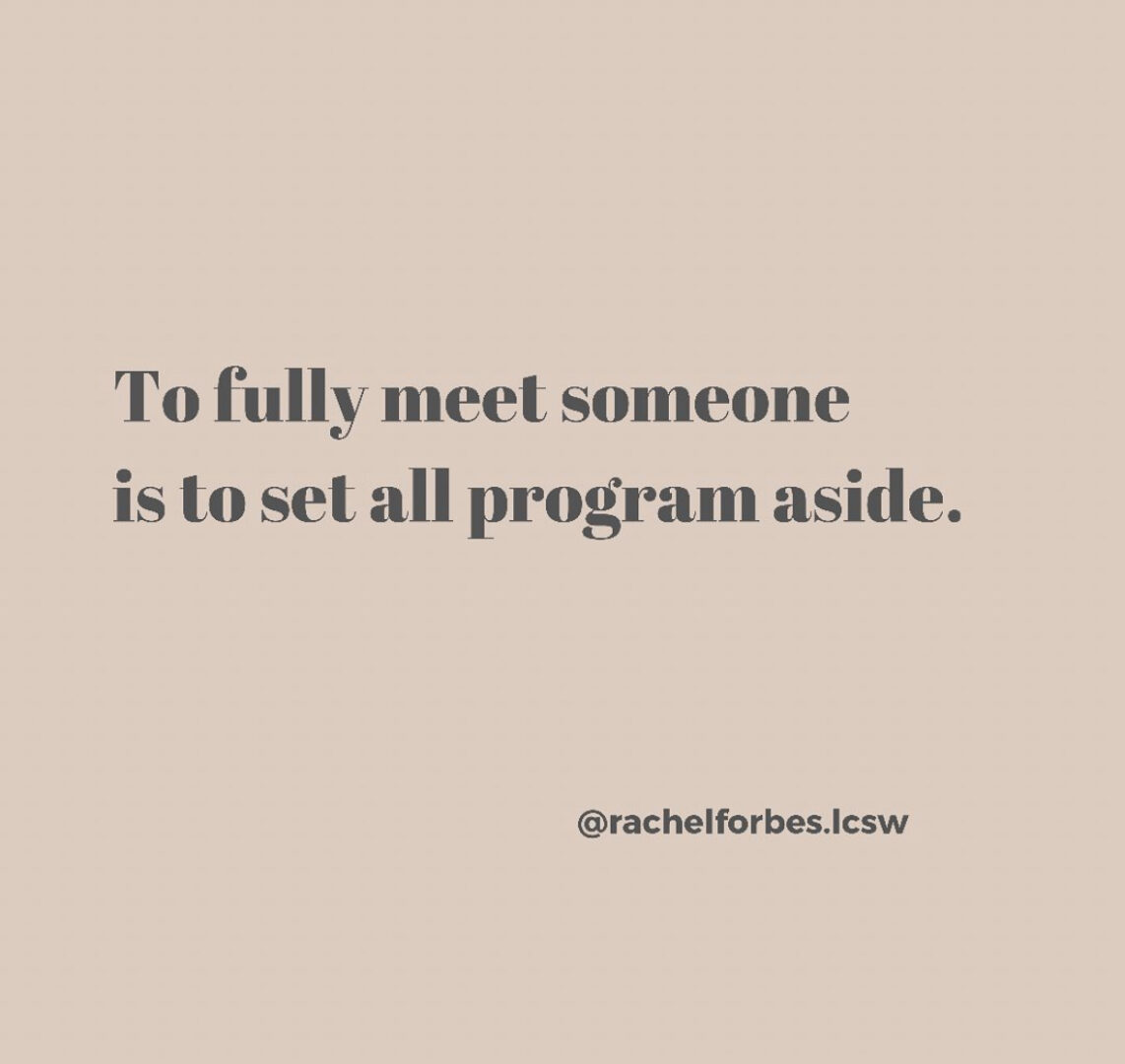
Great, so let’s take a few minutes and cover your story. What should folks know about you and what you do?
I am a Licensed Clinical Social Worker (LCSW) who has been in private practice for quite some time, working with adults, and specializing in attachment trauma and adoption-related challenges. As a transracial, transcultural Korean American adoptee, I offer a unique lens to my therapeutic work, including adoptee advocacy and support for any member of the adoption constellation (birth family, adoptive family, adoptee, etc). My therapeutic approach is holistic and mind-body integrated, with an intention of increasing self-awareness, self-leadership and inner harmony (largely inspired by Internal Family Systems IFS). I feel really privileged to have had the healing space to work through my the complexities and attachment trauma from adoption, and I want to “pay it forward” to any human being, but particularly adoptees and adoptive families who feel as if they are navigating this alone. I know this is a pretty niche community, and I also know that the need for well-informed care and support is high. SO, I am also very, very excited to share that I am in process of creating and launching both a group practice, with more holistic and soulfully healing therapists to support clients who seek humanistic care, AND a therapeutically-guided community of support for members of the adoption constellation. This should launch in early 2026, and I can’t wait to share it with you!
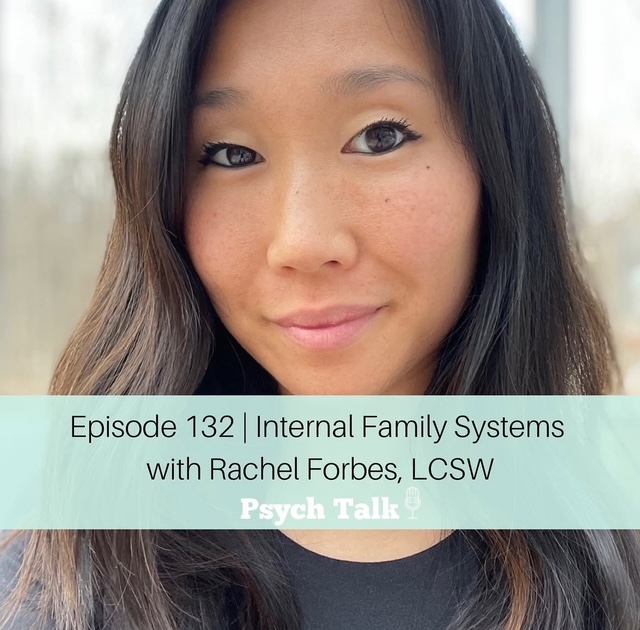
There is so much advice out there about all the different skills and qualities folks need to develop in order to succeed in today’s highly competitive environment and often it can feel overwhelming. So, if we had to break it down to just the three that matter most, which three skills or qualities would you focus on?
Firstly, IFS (Internal Family Systems) therapeutic modality was crucial in how I approached my inner world and my story. It gave me the most loving, self-compassionate tools that fully honored my humanity.
Secondly, a really good therapist: one who aligned with my values, one who fit the “vibe check,” one who was trauma-informed, and one who knew how to just “be with” me emotionally wherever I was in any given moment.
Thirdly, befriending myself, listening to myself, and trusting myself – basically really tuning into my body and my feelings.
My advice would be to search for a therapist who specializes in the area you are struggling with (e.g., depression, anxiety, trauma, etc.), and normalize “shopping around” a bit before landing on one. This means, schedule several consultations (this is totally normal and healthy by the way!), and check the “vibes” to see what feels right for you. Finding the right fit is crucial for effective therapy, and it’s OK to not like a therapist and to switch therapists.
If therapy itself feels daunting and nerve-racking, I get that too. If that’s the case, maybe start somewhere that feels less intimidating, like talking to a friend or loved one who has gone to therapy, and ask them about it. What was/is it like for you? Tell me what you like about it or what it does for you? Alternatively, you can explore some self-help books to get a sense of what it might be like to explore your inner world, and you can do so in solitude and in privacy.
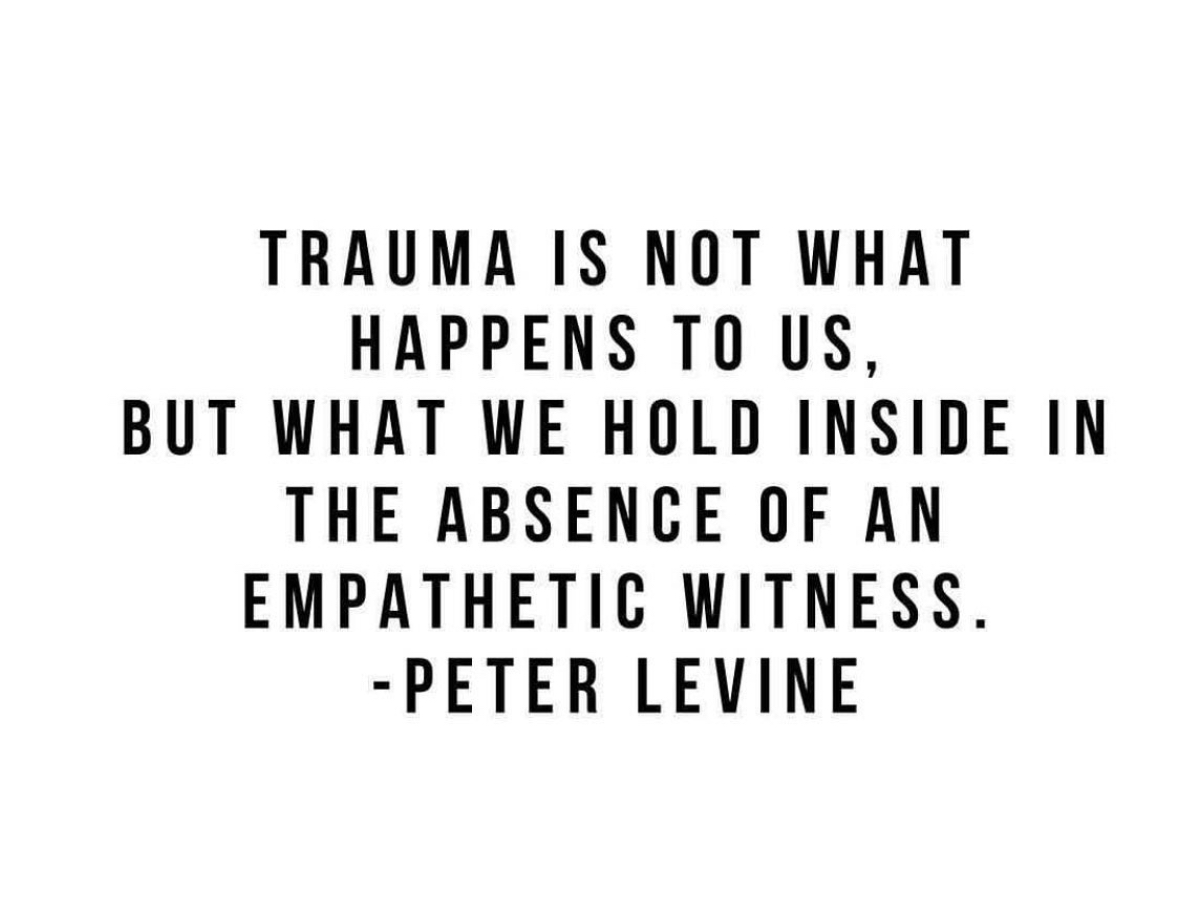
What has been your biggest area of growth or improvement in the past 12 months?
In the past twelve months, having been pregnant for the third time and giving birth, I have learned how to lean into the quiet – to my “cocoon moments.” I have learned how to exhale into the rest, even if it is in brief moments throughout a busy day, and to appreciate the sacredness of my solitude. During my labor, I was strongest and calmest when I quietly exhaled and quietly listened to my body. As also an extroverted and open person, I am used to doing things outwardly, however, this last year I have really practiced retreating inward (not in an isolating or depleting kind of way) when I need to reflect, recharge, and even create. I’d highly recommend practicing and relishing the periods of contraction before expansion.
Contact Info:
- Website: https://www.forbespsychotherapy.com
- Instagram: @rachelforbes.lcsw
- Facebook: https://www.facebook.com/rachelforbeslcsw/
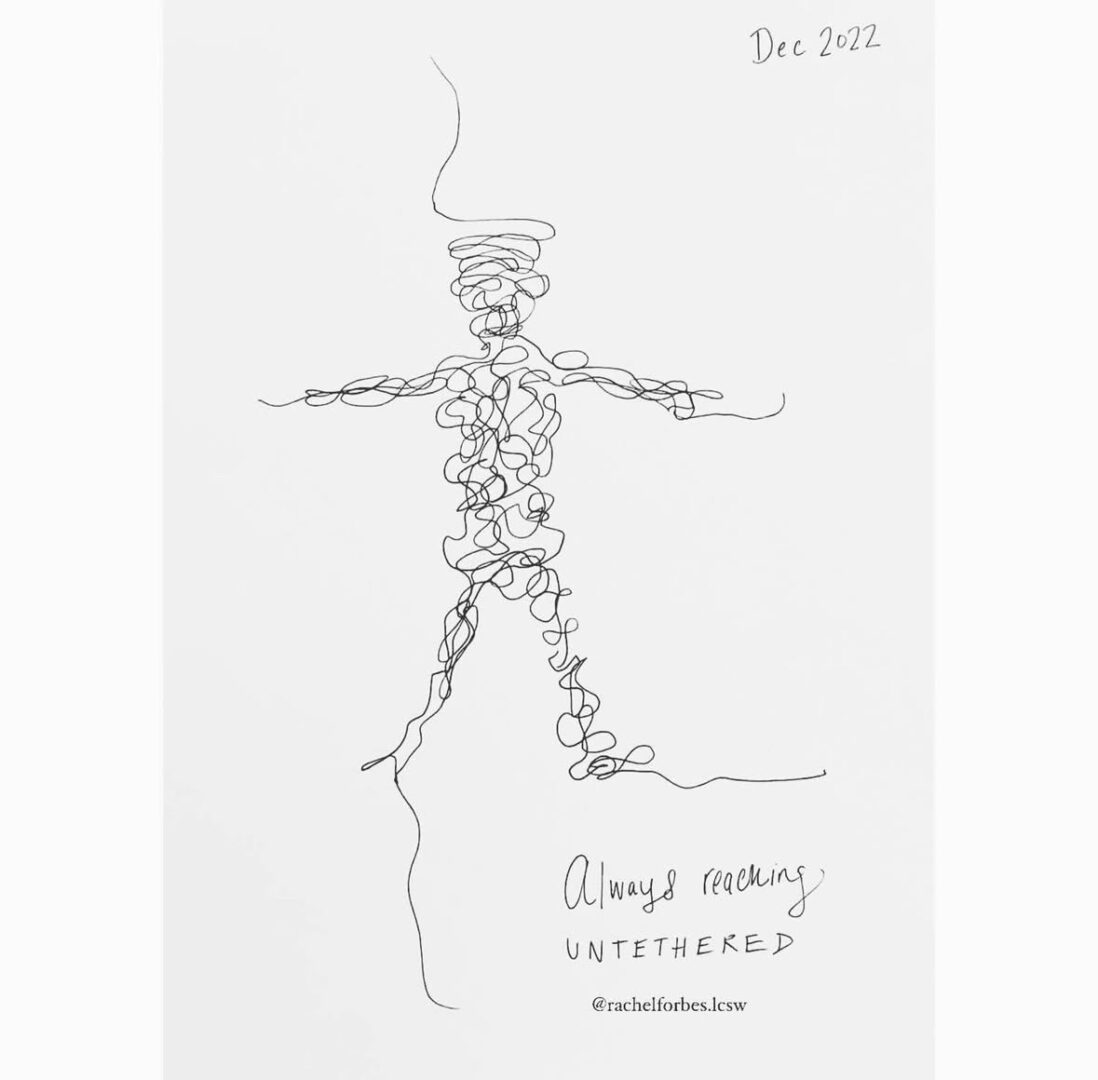
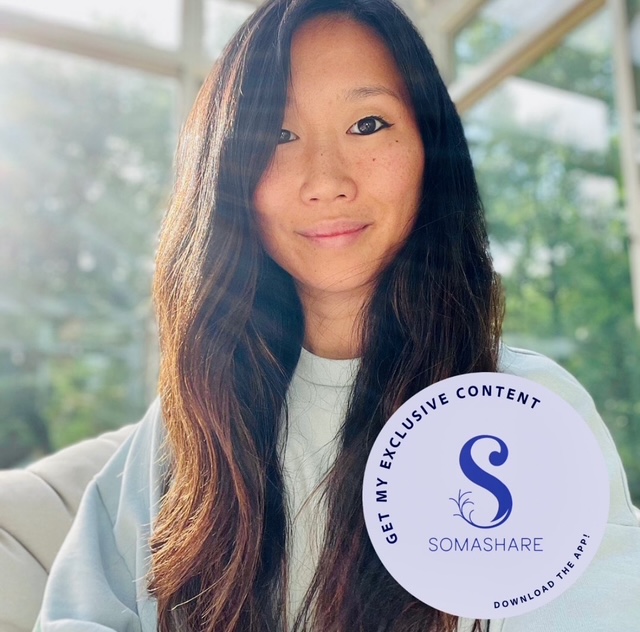
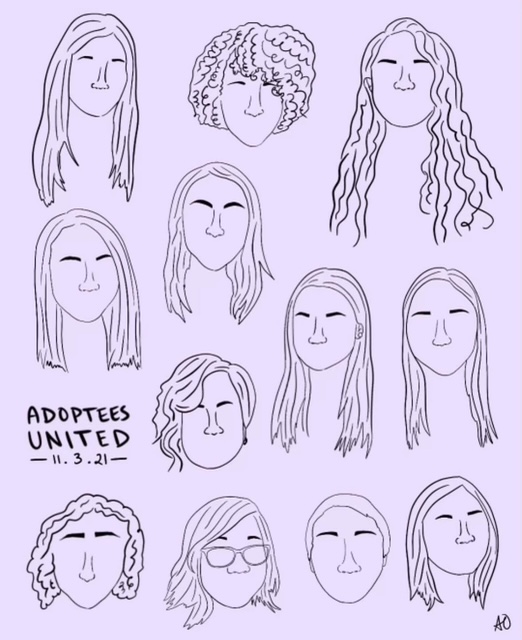
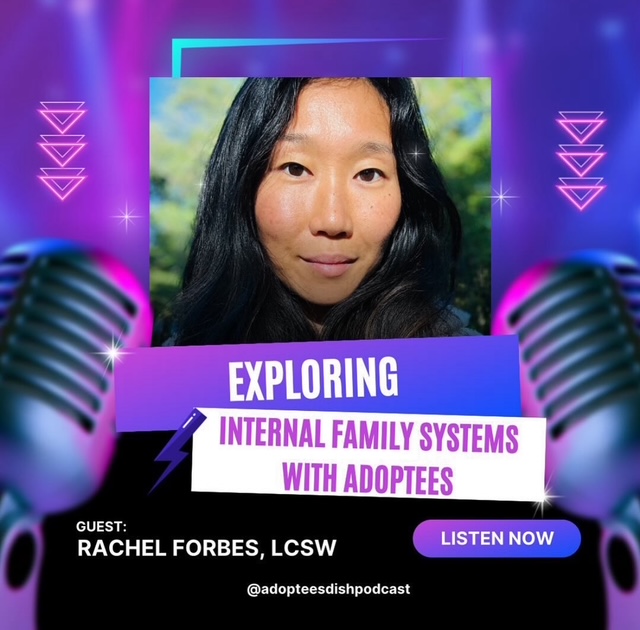
Image Credits
Adoptees Dish Podcast
Psych Talk Podcast
Alexa Orndahl
so if you or someone you know deserves recognition please let us know here.

